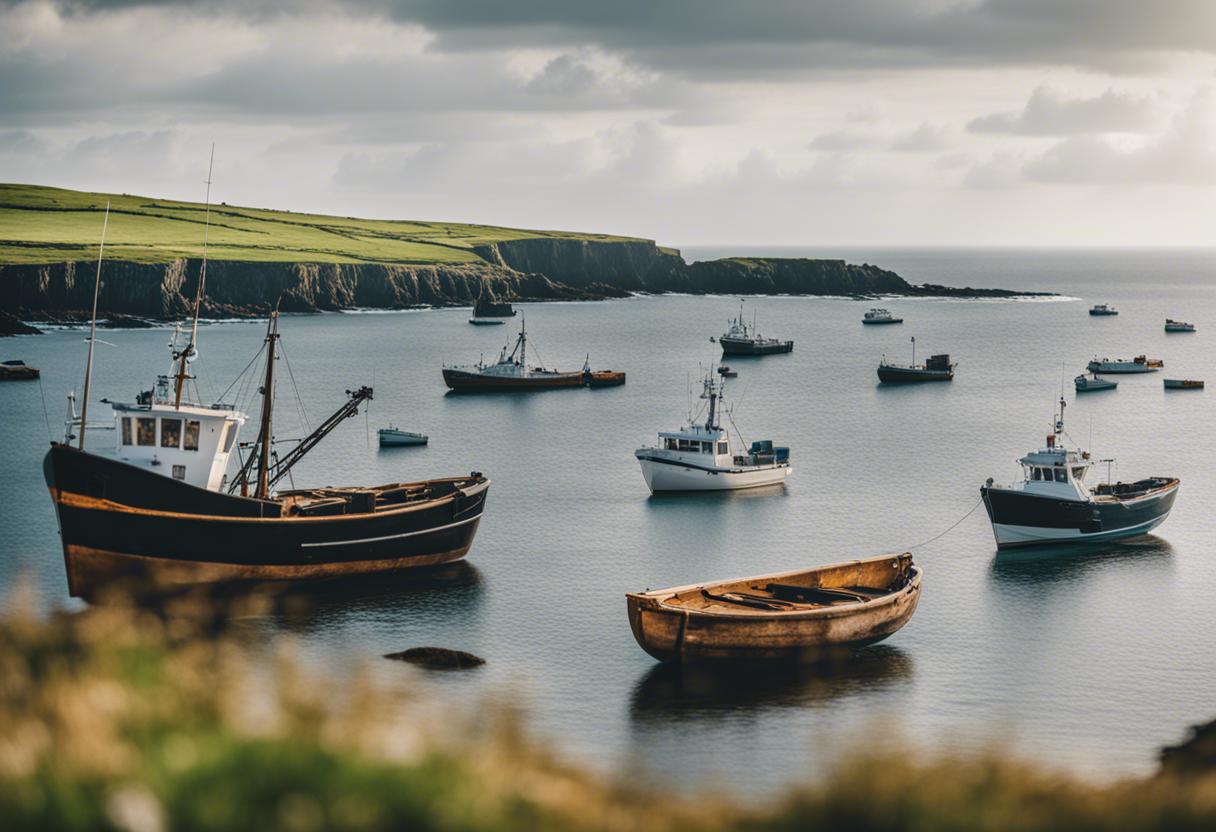John Cullen and Patrick Ward are at the helm of animal nutrition firm Auranta, which has spearheaded the path of innovation and progress for ten years. Their latest endeavor, AuraAqua, is a pioneering additive for fish food that promises to transform the gastrointestinal health of aquatic species globally. This development assists in enhancing disease resistance and mitigating potential losses for producers of diverse fish types, including shrimp and salmon.
Auranta’s forte is in the biotechnology space, where they formulate dietary products designed to augment the welfare of animals and enable them to fulfil their complete genetic potential even under testing circumstances. The firm harbours a special interest in the distinct amalgamation of polyphenol compounds and natural plant extracts. The especially curated combination works towards enriching gut health, fortifying the animal microbiome, and amplifying its disease resistance.
The nutritional nature of Auranta’s products means they can be supplemented in the animal’s diet early on, unlike standard treatments that are administered once an illness becomes evident. Prevention is prioritised over cure, lessening harm that might occur if intervention is delayed until after disease onset.
Cullen notes that we are currently in the midst of a ‘blue revolution’ with worldwide aquaculture output surpassing 125 million tonnes annually, and a surge of 50 per cent or more predicted by 2030. Auranta, a recent participant in Bord Iascaigh Mhara Innovation Studio’s mentorship scheme for budding aquatech firms, is keen to exploit this booming market, estimated to be worth around €70 billion and leaning towards sustainability and disease control.
The company anticipates a twofold growth in their workforce over the next two years, predominantly compromising of scientists, in line with the progression of their new product development.
With a rich background in engineering, Cullen has carved a 30-year-long career in the industry. Ward, on the other hand, is a specialist in microbiology. They co-founded their company in 2013, but it wasn’t until five years later that their full commercial operations kicked off. Their range of products, both liquid and powder, is manufactured in Ireland and has gone global, being bought in 20 different countries. Among their customers are those who produce animal feed, large-scale farmers, and food integrators.
The company first spread its wings beyond Ireland to parts of southeast Asia, a market that expanded simultaneously with the growth of their products, as explained by Cullen. Recently, they’ve penetrated further into the global market, selling their aquaculture products in India and parts of South America, specifically Ecuador and Chile. Ambitious plans for expansion in Indonesia and China are slated before the year ends.
When addressing the financial aspect of product development, Cullen approximates the expenditure to be around €3 million. The ongoing expenses for research and development pile on top of this initial cost. According to Cullen, getting the attention of the giant companies in the animal feed market necessitates undeniable scientific proof of the beneficial properties of their products.
Having published 18 papers reviewed by fellow professionals, an impressive feat for a smaller firm, Cullen emphasises the importance of tangible effort and proven profits when speaking to potential clients. He strongly believes that unless they can prove their effectiveness, they won’t get fair consideration from the industry bigwigs.
As Cullen puts it, “If you don’t prove your worth and back up your claims when you approach them, you won’t even pass the preliminary evaluation.”

